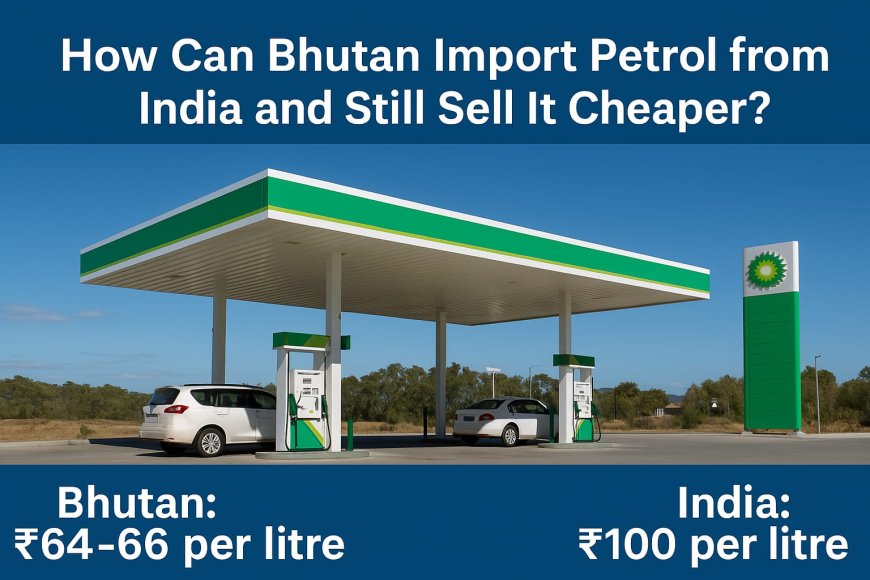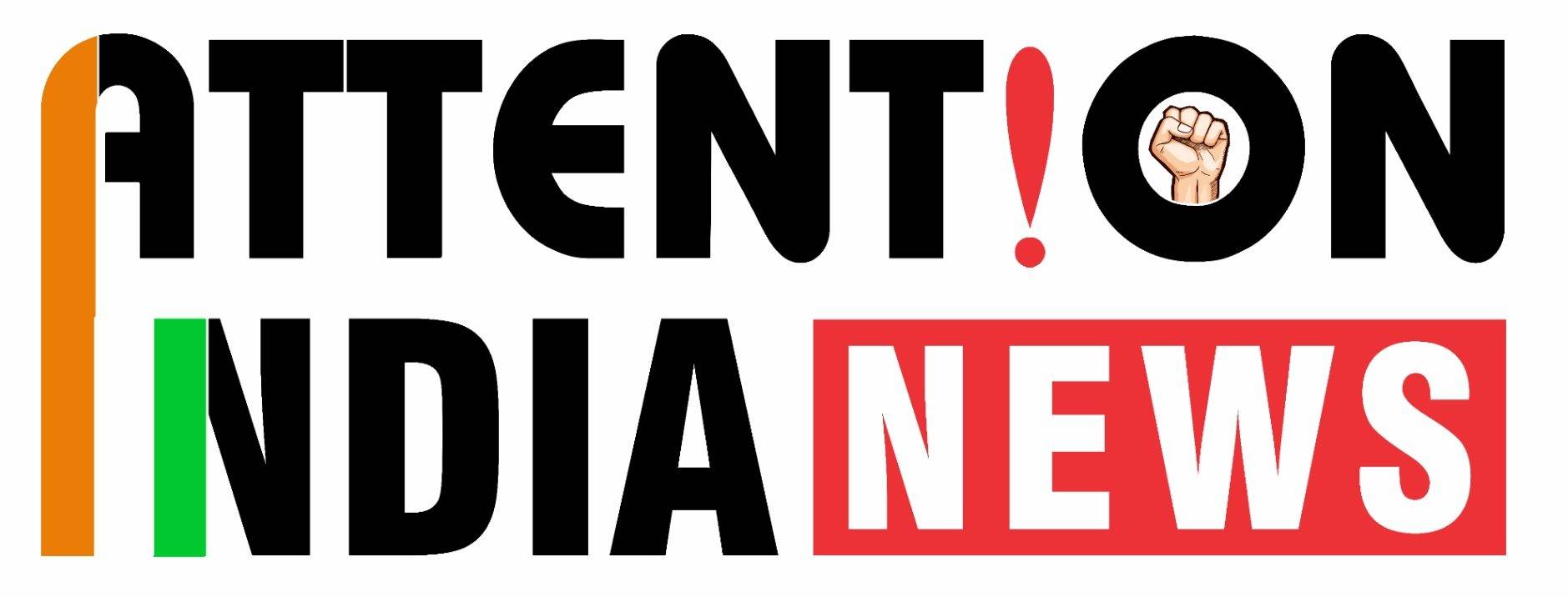Is India’s Petrol Policy Unfair to Citizens While Bhutan Gets a Deal?
Why India's Petrol Is Cheaper in Bhutan Than India

Mumbai (Maharashtra) [India] April 13: In Bhutan, a litre of petrol costs around ₹64–66, which shocks many Indians paying nearly ₹100. Bhutan gets its fuel from India, yet sells it cheaper. The reason is simple—Bhutan does not charge tax on fuel. On the other hand, India includes many taxes like VAT and central excise. This big difference creates frustration among Indian citizens, especially those living near the border.
India’s Fuel Policy: A Tax-Heavy Ride
India adds many types of taxes on petrol and diesel. These include central excise duty, road cess, and state VAT. These taxes make up a large part of what people pay at fuel pumps. So, even if the base price of petrol is low, the added taxes make it very costly. This system helps the government earn money but affects common people badly.
Fuel Export Rules to Bhutan: No Extra Charges
While Indians pay high taxes, India sends petrol to Bhutan without these extra charges. This is done as part of friendly ties between the two countries. India has a policy where exports of fuel to Bhutan are not taxed heavily. The Road and Infrastructure Cess, for example, is removed. So, Bhutan gets Indian petrol at a low rate, and people there pay much less than Indians.
Social Media Sparks the Debate
A video recently went viral on social media. It showed petrol prices at the Bhutan border, where fuel is cheaper than in nearby Indian areas. The video got many comments from people across the country. They felt that something is unfair. Many asked, “Why should Indians pay more when the fuel is made in India?” The price gap raised serious questions on tax policies.
Money Value and History of Ties
Bhutan’s currency, the ngultrum, is almost the same in value as the Indian rupee. That’s why price comparisons are easy. India and Bhutan have a long history of strong friendship. India has always helped Bhutan with trade and fuel. But now, this issue is making people question priorities. Some say it is time to think more about Indian citizens who are struggling with high prices.

 Aryan K
Aryan K 





